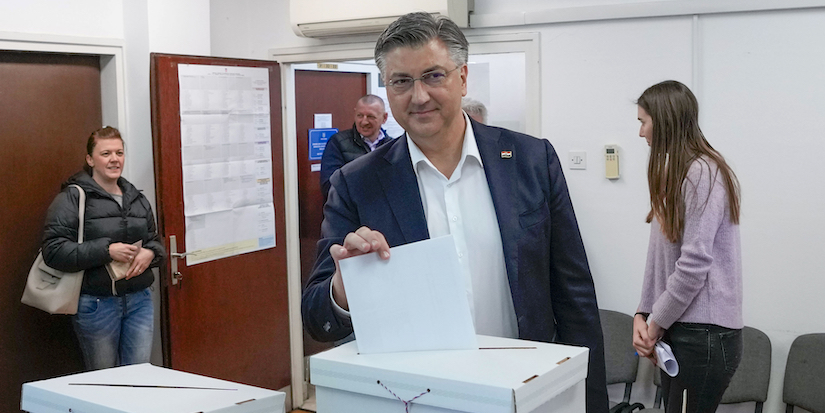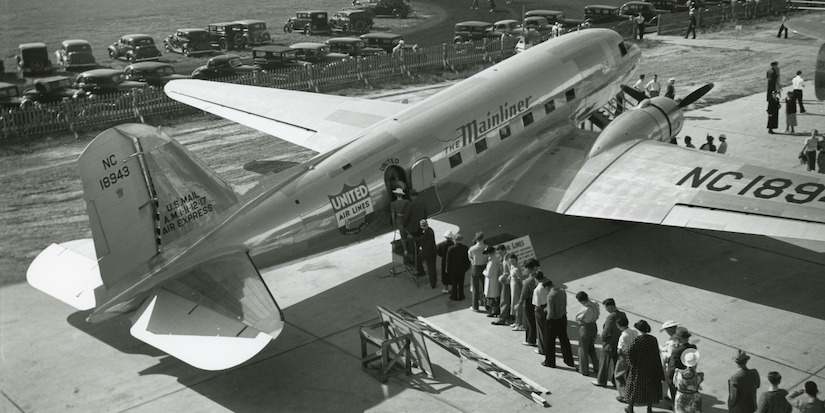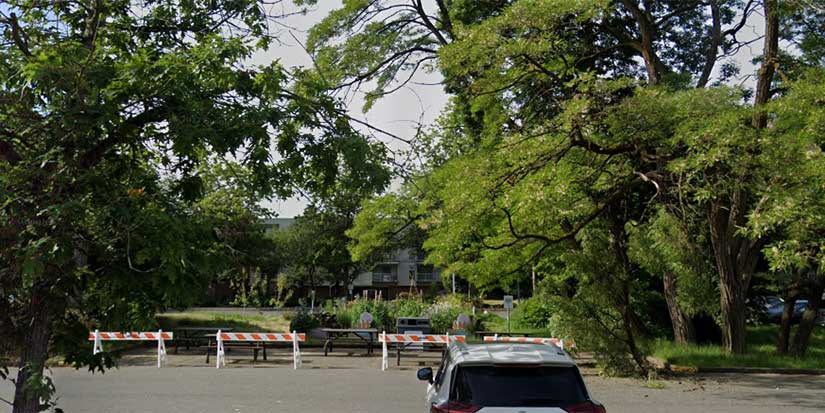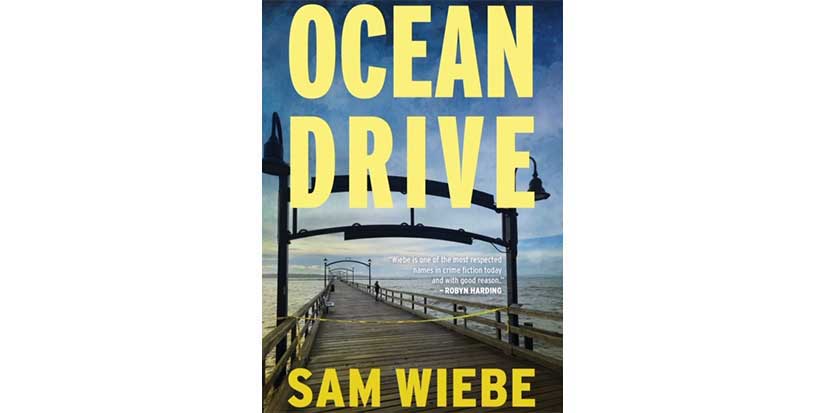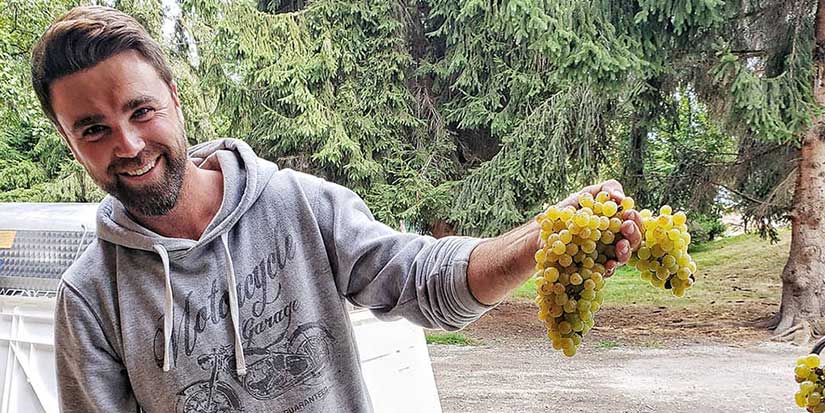International
Exit poll shows Croatia's ruling conservatives win parliamentary vote, but cannot rule alone
Published 11:44 PDT, Wed April 17, 2024
—
ZAGREB, Croatia (AP) — Croatia 's ruling conservatives won a highly contested parliamentary election on Wednesday, but without enough seats to rule alone, according to an exit poll cited by the state and Croatia's other media outlets.
The vote followed a campaign that centered on a bitter rivalry between the country's president and prime minister.
The ballot pitted the ruling conservative Croatian Democratic Union, or HDZ, led by Prime Minister Andrej Plenkovic, against an alliance of centrist and left-wing parties informally led by populist President Zoran Milanovic and his Social Democratic Party, or SDP.
The independent Ipsos polling agency said that the HDZ won 59 seats in the 151-seat parliament. The SDP captured 43 seats. The agency said it questioned 31,000 people after they voted. The poll reflected most of the pre-election predictions.
If confirmed by the country's electoral commission, both groups will need to negotiate with smaller parties on the right and left to form a coalition.
Turnout was more than 50 per cent — a record — hours before the polls closed. The first official results were expected late Wednesday.
The election was held as Croatia, a European Union and NATO member, struggles with the highest inflation rate in the eurozone, a labor shortage, illegal migration and reports of widespread corruption.
At stake in the race for Croatia’s 151-seat parliament wasn't just the Adriatic Sea country's future domestic policies, but also the EU’s unity as it grapples with the instability from Russia’s full-scale invasion of Ukraine.
If the HDZ stays in power, the country would continue on a pro-Western course in supporting Ukraine in its fight against Russia. Success for SDP could put it on track for victory in the European Parliament election in June and the presidential election in December. It would shake the HDZ’s long dominance of politics and potentially open space for stronger pro-Russia influence in the country, akin to Hungary and Slovakia.
The HDZ has largely held office since Croatia gained independence from the former Yugoslavia in 1991. The Balkan nation became the newest member of the European Union in 2013, and joined Europe’s passport-free travel area and the eurozone last year.
The president holds a largely ceremonial role in Croatia, while the prime minister exerts most of the political power. The election has played out as the final episode in a long-running rivalry between Plenkovic and Milanovic.
After Milanovic scheduled the election and announced his surprise bid for prime minister, he began campaigning on behalf of the SDP. But Croatia’s constitutional court judges stepped in, saying the move was unconstitutional.
The judges said that the president can’t run for prime minister, take part in the parliamentary election or campaign in favor of any party, unless he first resigns.
Milanovic refused, openly ignoring the top court and continuing to campaign in favor of the left-wing alliance
“I hope that the citizens will vote for a Croatia that respects the constitution and the constitutional order, for a Croatia that belongs to the Western and transatlantic democratic circle,” Plenkovic said after he cast his ballot on Wednesday, appearing to reference Milanovic and his alleged breach of the constitution by actively taking part in the election process.
Milanovic said that with his statement, Plenkovic breached electoral silence on the vote day.
“You have a prime minister who even today did not resist breaking that symbolic election silence, going wild and talking nonsense about violating the constitution, respecting the law," the president said.
Milanovic also accused Plenkovic and the HDZ of rampant corruption and “massive theft” of state funds, referring to past and present scandals, some of which had ended up in the courts.
Plenkovic, who has led the government since 2016, repeatedly denied the accusations, saying Milanovic as the prime minister would shift the country away from the EU and closer to Russia.
Milanovic has often voiced a pro-Russia stance during the war in Ukraine, opposing the training of Ukrainian soldiers in Croatia as well as sending weapons to Ukraine because, in his view, it only prolongs the war. He also criticized the EU’s policies over Ukraine.
– Dusan Stojanovic, The Associated Press
